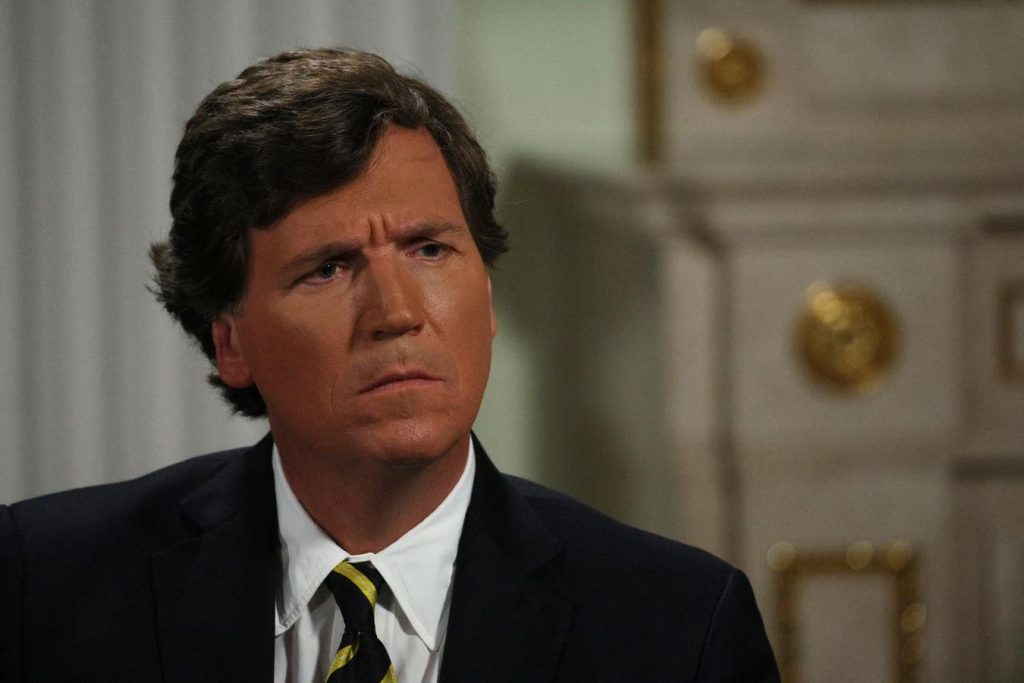I am always keen to shamelessly remind readers that I am a man who can ‘see around corners’, as they say. In 2018, as I handed in the last draft of ‘The Levelling’ I wrote the following regarding Russia, its broad strategy of ‘total war’ and more specifically its tactic of ‘maskirovka’…
‘Some countries, such as Russia, are already practicing war by “many means”—that is, where traditional military force is mixed with covert action, propaganda, and disinformation. The Russian doctrine of maskirovka, has roots that go back to the fourteenth-century Battle of Kulikovo and was further developed more recently, beginning with its use in the Second World War.
In a very basic sense, it involves the use of decoys and deception to distract and destabilize an enemy, though the doctrine of maskirovka has broad applications, stretching to disinformation, propaganda, and politically related tactics. A significant element of the thinking that reflects the new doctrine of warfare in Russia is that wars do not follow the same boundaries and time lines as they did historically.
This means that they are not officially declared—in the way cyberattacks happen—and that they can rely on many different types of force (e.g., information, humanitarian, and media) and can rely on the subversion of states on a continual basis using mercenaries and special operatives’.
At the time (2018) Russia had aggressively interfered with elections in the Netherlands, Germany, France and the UK, to name a few episodes. This was a mere sharpening of tools for what was to come, and while Russia has isolated and weakened itself by invading Ukraine, it has not given up the tricks that have been honed since 1380.
This much was on display in Tucker Carlson’s interview of Vladimir Putin, which took advantage of Carlson’s craven character, the prevalence of social media noise, the gullibility of many in the West and of course the rottenness of Donald Trump. In the minds of many, Putin has thrown sand in the face of those in Congress who support Ukraine, suggested that a ‘win-win’ deal is soon available, and that Donald Trump is a reasonable man worthy of Putin’s respect. In each case, the opposite is true.
Worryingly, this particular episode of ‘maskirovka’ has damaged the outlook for Ukraine, the security of NATO countries (and vulnerable ones on the flanks of NATO like Ireland). Arguably it ups the ante in the US presidential election and suggests that Russia (with the tacit support of China) is bent on further vandalising western democracies in this critical year for elections.
It should be said that Russian is aided and abetted by many politicians in those same western democracies. There are a few that grasp the magnitude of the challenge, and they are mostly in countries close to Russia, and that have battled to revive democracy and the rule of law in their countries, notably Poland’s Donald Tusk who this week castigated the Senate in Washington for its failure to support Ukraine.
I have not found much literature by way of how to do ‘counter-maskirovka’ operations, and I am likely not looking in the right places. We may need a ‘playbook’ soon as elections approach around the world.
What is happening in Poland is instructive in terms of the repair work being done on institutions – the media, courts, civil service and central bank to name a few have become degraded and politicised, and while some argue that they are now being politicised in a different way, the program of work that Tusk is pursuing highlights the importance of independent institutions as a buttress to outside interference.
The politicisation of the Supreme Court in the US, and the failure of social media giants to counter manipulation emanating directly from Moscow suggest that America is opening itself up to ‘maskirovka’.
Speaking of which, the other, better-known facet of Russian manipulation is kompromat – the use of economic, political and personal secrets to rein in enemies (though a Russian journalist Julia Latynina is quoted as saying to keep kompromat on enemies is a pleasure. To keep kompromat on friends is a must’).
I suspect that one of the candidates for (US) president has quite a bit to worry about in this regard (its not Biden), the question is, will we ever get to see the evidence?
Read the full article here


















